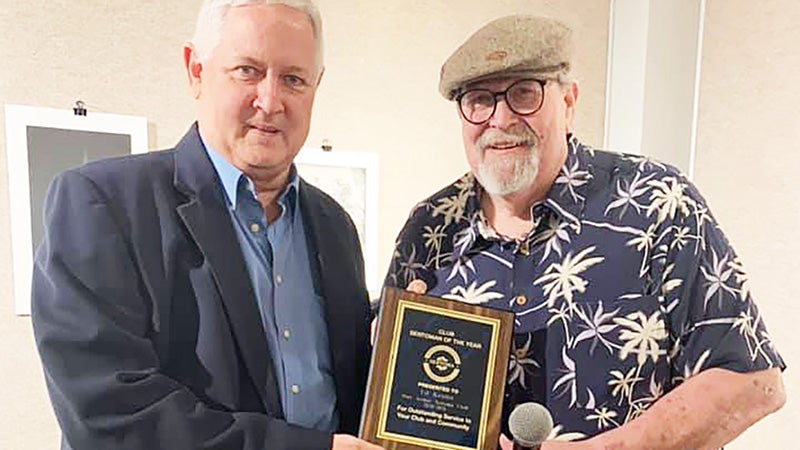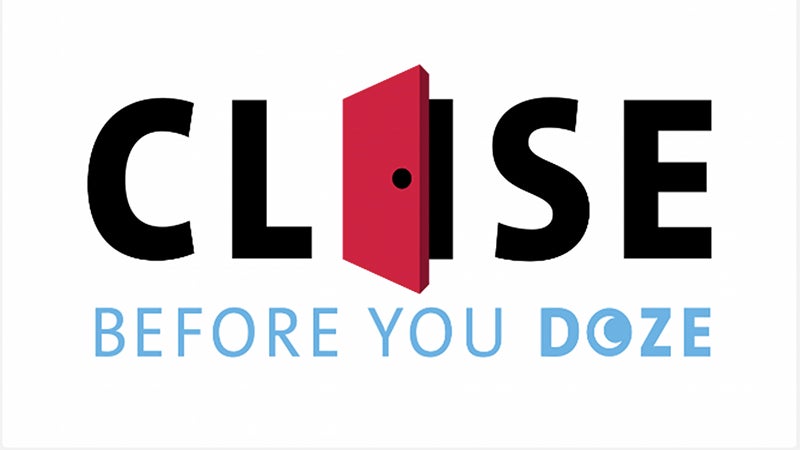HEALTHY LIVING: Supplements: How much is too much?
Published 12:32 am Thursday, October 1, 2015
Ideally, we are eating plenty of fresh or frozen fruits and vegetables, along with lean meats and fish. This should be providing all the nutrients we need to fuel our bodies. However, as people grow older they tend not to eat as much of the proper foods, or trying to lose a few pounds, they will not be taking in a balanced variety of foods, finally, some folks are simply picky eaters. So, we turn to supplements to fill the gap. Any nutritionist or dietitian will tell you that eating the right foods is far better for you.
Don’t misunderstand; there are some very specific supplements out there that doctors will recommend for very specific cases. But, if you are consuming handfuls of this and that i Supplements. How much is too much?
Ideally, we are eating plenty of fresh or frozen fruits and vegetables, along with lean meats and fish. This should be providing all the nutrients we need to fuel our bodies. However, as people grow older they tend not to eat as much of the proper foods, or trying to lose a few pounds, they will not be taking in a balanced variety of foods, finally, some folks are simply picky eaters. So, we turn to supplements to fill the gap. Any nutritionist or dietitian will tell you that eating the right foods is far better for you.
Don’t misunderstand; there are some very specific supplements out there that doctors will recommend for very specific cases. But, if you are consuming handfuls of this and that in the quest for good health, you are probably over doing it. Over half of the American population buys into the idea that dietary supplements are healthy, spending upward of $28 billion a year, according to some estimates. But while many of them can benefit the person taking them, a growing body of research is beginning to show that some of them might do the opposite, increasing risk of some cancers. Getting too much calcium, for example, can result in the growth of kidney stones, kidney failure, and hypercalcemia — too much calcium in the blood. Too much vitamin C also inhibits the body’s ability to absorb copper. And too much of vitamins A, D, and K, can become toxic within the body, according to the American Cancer Society.
Unlike prescription medications, dietary supplements aren’t required to be tested for safety by the Food and Drug Administration. Instead, the supplements’ manufacturers are trusted to ensure safety and communicate important information on labels. A story broke recently that some very popular stores were selling supplements that contained very little of the product listed.
Consumers often make the assumption that because they are readily available, supplements must be safe. By themselves, that may be true, but when combined with drugs, supplements can cause serious adverse reactions. St. John’s wort, vitamin E, ginseng and Ginko biloba all have been touted for their ability to boost certain health aspects. Unfortunately, they also interact with various widely prescribed drugs and cause life-threatening reactions.
These days, most packaged food advertises “Vitamins Added”,“Minerals Added”, “Fortified”, and “Nutritionally Enhanced”. These are all great marketing ploys; the idea is that the products find their way into your pantry. And then there are the teas, teas that trim and detox. Be very careful. The way these products detox and trim you will have you staying very close to the restroom.
First and foremost, read the labels. Yes, grocery shopping is going to take a little longer, but read those labels and find out what is going into your body. Stay away from as much processed foods as possible, fresh or frozen vegetables will give you the best nutrition, canned, considerably less. Dried beans are an excellent source of protein, macronutrients, vitamins, and minerals. A serving size of meat, the size of a deck of cards, will provide you with all the nutrients you need when served with two vegetables. You don’t need as much food as you think you do, but you do need good quality food. A little effort will save you a lot of money and you really will be feeling a lot healthier.
Contact Jody Holton at jholton@ymcasetx.org.
n the quest for good health, you are probably over doing it. Over half of the American population buys into the idea that dietary supplements are healthy, spending upward of $28 billion a year, according to some estimates. But while many of them can benefit the person taking them, a growing body of research is beginning to show that some of them might do the opposite, increasing risk of some cancers. Getting too much calcium, for example, can result in the growth of kidney stones, kidney failure, and hypercalcemia — too much calcium in the blood. Too much vitamin C also inhibits the body’s ability to absorb copper. And too much of vitamins A, D, and K, can become toxic within the body, according to the American Cancer Society.
Unlike prescription medications, dietary supplements aren’t required to be tested for safety by the Food and Drug Administration. Instead, the supplements’ manufacturers are trusted to ensure safety and communicate important information on labels. A story broke recently that some very popular stores were selling supplements that contained very little of the product listed.
Consumers often make the assumption that because they are readily available, supplements must be safe. By themselves, that may be true, but when combined with drugs, supplements can cause serious adverse reactions. St. John’s wort, vitamin E, ginseng and Ginko biloba all have been touted for their ability to boost certain health aspects. Unfortunately, they also interact with various widely prescribed drugs and cause life-threatening reactions.
These days, most packaged food advertises “Vitamins Added”,“Minerals Added”, “Fortified”, and “Nutritionally Enhanced”. These are all great marketing ploys; the idea is that the products find their way into your pantry. And then there are the teas, teas that trim and detox. Be very careful. The way these products detox and trim you will have you staying very close to the restroom.
First and foremost, read the labels. Yes, grocery shopping is going to take a little longer, but read those labels and find out what is going into your body. Stay away from as much processed foods as possible, fresh or frozen vegetables will give you the best nutrition, canned, considerably less. Dried beans are an excellent source of protein, macronutrients, vitamins, and minerals. A serving size of meat, the size of a deck of cards, will provide you with all the nutrients you need when served with two vegetables. You don’t need as much food as you think you do, but you do need good quality food. A little effort will save you a lot of money and you really will be feeling a lot healthier.
Contact Jody Holton at jholton@ymcasetx.org.





